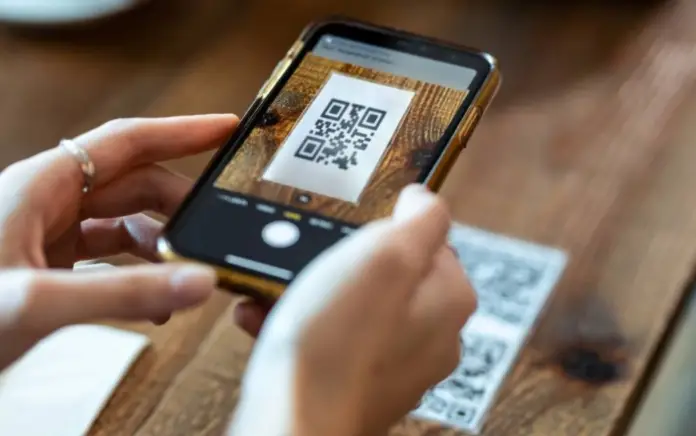The Cyber Police, of the Secretariat of Citizen Security (SSC) of Mexico City (CDMX), alerted citizens about the use of QR codes that have become popular as an effective tool to quickly access information and digital services. However, this same accessibility has attracted cybercriminals, and now, they can be modified by them in common places, such as restaurants and stores, to steal from you.
Where do they put these QR codes in CDMX to scam you?
Through constant monitoring of the public internet network, the Cyber Police found that criminals place fake QR codes in public places such as:
Restaurants
Stores
Bus stops
Victims scan the code thinking that they will access information about the establishment in question or receive information about buses, but in reality they are redirected to malicious sites; As well as in emails and text messages, attackers send emails or text messages with QR codes that appear to be from a trusted source, such as a bank or a well-known company. When users scan the code, they are taken to fake websites that request personal information.
What data can be stolen from you through a QR Code?
Cybercriminals have found ways to steal personal and financial information from victims, thus committing scams against them.
Cybercriminals can create malicious QR codes that, when scanned, redirect victims to fraudulent websites or download malicious software onto their devices. These sites may appear legitimate, but they are designed to steal personal and financial information, such as:
Passwords
Credit card numbers
Bank details
According to cybersecurity authorities in the capital, the codes are two-dimensional and can store large amounts of information, such as URLs, texts, and phone numbers, among other data. Therefore, when scanning a QR code with a mobile device, the victim is automatically redirected to a website, to download an application, or to perform other actions aimed at stealing it.
How do I protect myself from these scams?
Cyber Police specialists from the SSC of CDMX issue the following recommendations:
Always verify the source of the QR code before scanning it
Use QR code scanning applications that offer security features
Do not scan QR codes in unsolicited emails or messages
Check that the URL is legitimate and matches the expected website
Keep the mobile device and security applications updated
Do not enter personal or financial information
If the website seems suspicious, close the page immediately
If you have any questions, you can contact the Cyber Police Unit of CDMX, through:
The telephone number 55 5242 5100 ext. 5086
From the email [email protected]
The official social media accounts @SSC_CDMX and @UCS_GCDMX
Source: unotv






